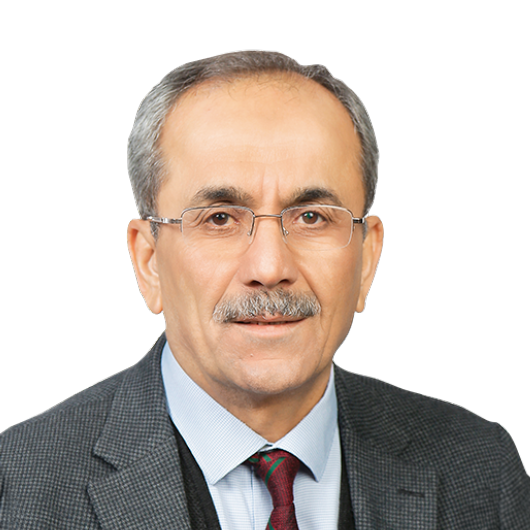The tone adopted by our Foreign Ministry’s spokesperson Hami Aksoy in response to a question regarding the “joint declaration made by the foreign ministers of Egypt, Greece, the Greek Cypriot Administration of Southern Cyprus (GCASC), France, and the United Arab Emirates (UAE)” clearly indicates Turkey’s new perspective. Our Foreign Ministry spokesperson defined in his response the stance of all the parties involved hold in terms of Turkey with respect to the East Mediterranean and Libya. The terms used to form the definition in question can be listed as, “the mandate system, colonialist, anti-Turkey, terror supporter, and guardians of the evil alliance.”
The “mandate system” and “colonialist,” which were chosen to define Greece and the GCASC, is said to include Egypt. Anti-Turkey was used to define the UAE’s activities. It was specifically underscored that the same country has no association with the East Mediterranean. Greece and the GCASC were accused of mandate and colonialist activities as they appealed to foreign actors instead of establishing a dialogue with Turkey. Egyptian administrators, on the other hand, were accused of failing to protect the interests of their own people. The emphasis on the lack of any connection between the UAE and the East Mediterranean is also worth noting.
France’s definition as a pro-terrorist country in the context of Syria is a step that requires careful consideration. Stating that “France, whose ambitions to establish a terror statelet in Syria received a heavy blow from us, in this state of mind, assumed the guardian role for the evil alliance that was formed against Turkey,” attention was also drawn to its operations in Libya. The response was concluded by calling onto countries to have common sense, and act in accordance with international law and practices.
The extent to which the definitions of the “mandate system” and colonialism were included in Turkey’s past official discourses is a matter that requires explanation. However, as the reflection of a mentality that has been predominant for about half a century, concepts such as colonialism, imperialism, anti-imperialism and the mandate system did not reflect on official discourses. In fact, as of the start of the 20th century, to a certain degree, the Marxist ideology monopolized these concepts. Hence, in terms of reflecting a critical view, it had become a tradition to ideologically associate any text that contained these terms with the Soviets. Turkey’s use of these terms today should not be taken lightly.
President Recep Tayyip Erdoğan had drawn attention to France’s colonial era crimes after his visits to Algeria, Senegal, and Gambia earlier this year. Though Gambia is a British colony, it is France’s colonialist and exploitative operations that stand out in West and North Africa. We should also know that the modern slavery system was launched in West Africa. Therefore, the Foreign Ministry’s emphasis on colonialism and the mandate system is no coincidence. When we recall that the mandate system is a new type of colonial exploitation that emerged following the defeat of the Ottoman Empire, we can understand that Turkey is not distracted and that its attention is in focus. The terms chosen are related to our region and point to a history.
In the past century, our political perspective was shaped according to Europe and the U.S. As a matter of fact, the intelligentsia in Turkey would express opinions in accordance with the French Foreign Ministry’s statements. For years, they adopted Armenian theories based on the French Foreign Affairs; the perspectives they accepted regarding Syria and the separatist Kurdish movements belonged to the same center. They were in a guiding and mentoring position back then. However, when Turkey started to put forth its own claims, as in the above response, the intelligentsia also changed its tune. The “evil alliance” is mentioned and those who are protecting it are clearly displayed.
We have been discussing for some time now that colonial history should be included in school curriculums. As can be immediately realized, terms such as colonialism, imperialism, anti-imperialism, globalism, global capital, nationalism, national state, empire and state, nation are on our agenda with their new definitions. It is essential for these terms to be discussed in the classroom with the new generations before they are lost in ideological engagements. In order to build a native and national perspective, we cannot discuss matters in accordance with Paris, London, and New York. We need to learn to look at the world from the lens of Ankara and Istanbul, Anatolia, the Balkans and Caucasia.




















